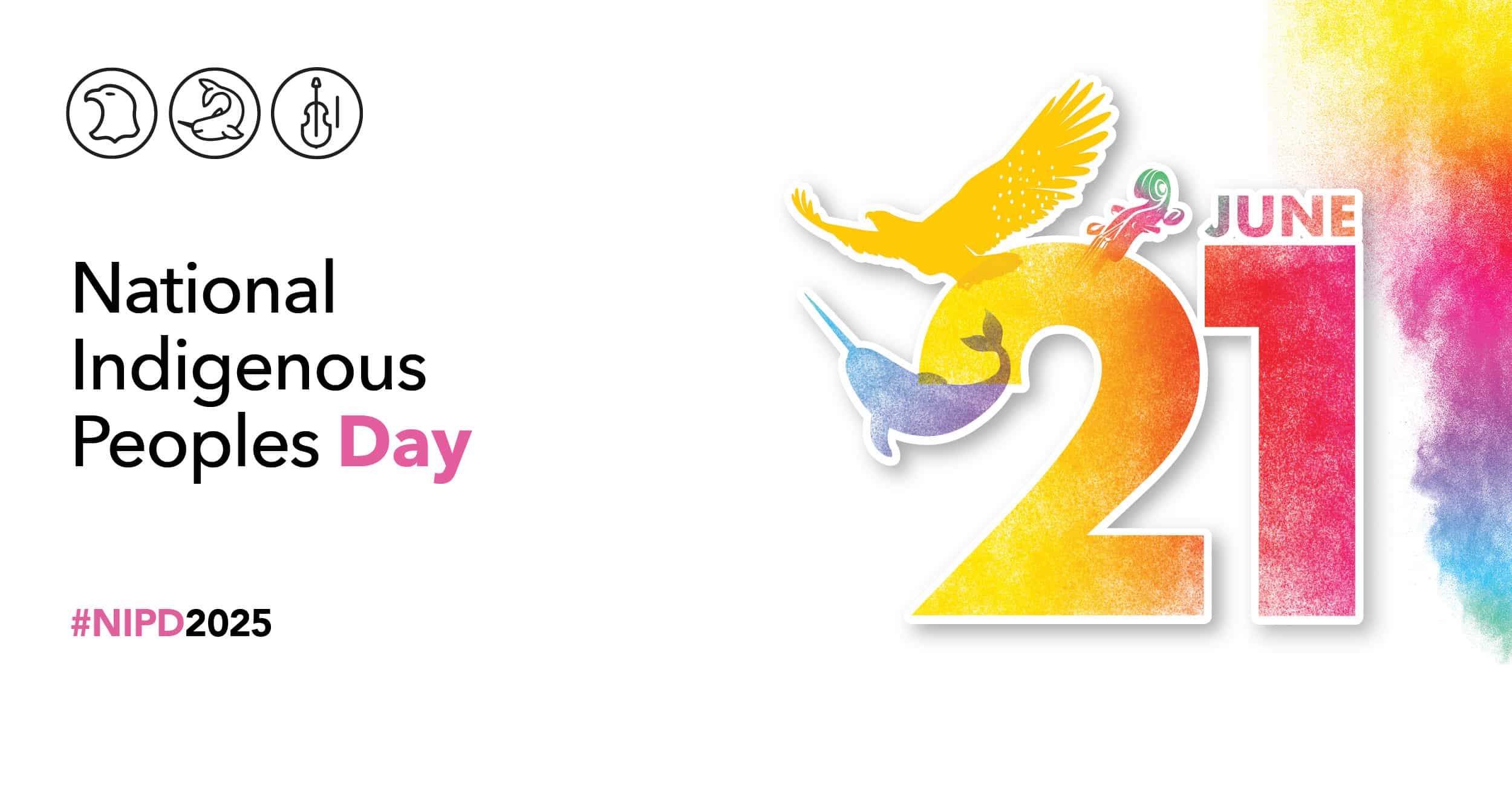I recently read an article by a US parent who describes her frustrations with the adoption process. She complains about the interviews with social workers, the need to write a detailed account of herself, her background, her values, the mounds of references required from friends and family and, of course, the plethora of paperwork.
She argues that biological parents are never assessed for their suitability to bring up a child—no matter how troubled, inept or hopeless they are, they can bring children into the world without restraint. This argument is unrealistic and unconvincing. While it would be desirable that anyone who parents a child is properly prepared to do so, it simply isn’t feasible, bar the unlikely possibility of forcing parents to take compulsory parenting courses.
MCFD and the licensed adoption agencies supervising local infant and international adoptions in BC are guardians of these children and, like any parent, must do their best for them. If that means carefully vetting prospective parents, then so be it.
When social workers or governments make mistakes and a child is killed or severely injured at the hands of their parents, they are vilified for not being vigilant enough.
It is precisely because not all families treat their children as they should—the reason many children are available for adoption—that our governments and agencies, have to carefully assess the suitability of any prospective parent. Why would we want it, or how could we do it, any other way?
As a mother of a six-year-old, I am careful about whose house she goes to play at, who she has a sleepover with and who is in charge of her while I am not around. If, God forbid, I were responsible for finding my child new parents, I can’t imagine how hard it would be to find someone who deserves to parent her.
Part of the process is also about making sure that families are ready for adoption and that birth parents have the opportunity to really know about the people to whom they endow such a precious legacy—their children.
Of course, most of us think that we will be good parents and that we will provide all the love and care a child needs. Most of us are exactly that. But how on earth can the government or an agency possibly be expected to know that too? Hence the homestudy process.
I once spoke to an adoptive father who had felt some irritation about the homestudy process. Then he looked at me and said, “But I realize now, that it wasn’t about me, it was about my child.”
During those seemingly everlasting interviews and that endless form filling, it may help to remember that father’s wise comment—it’s not about you!






